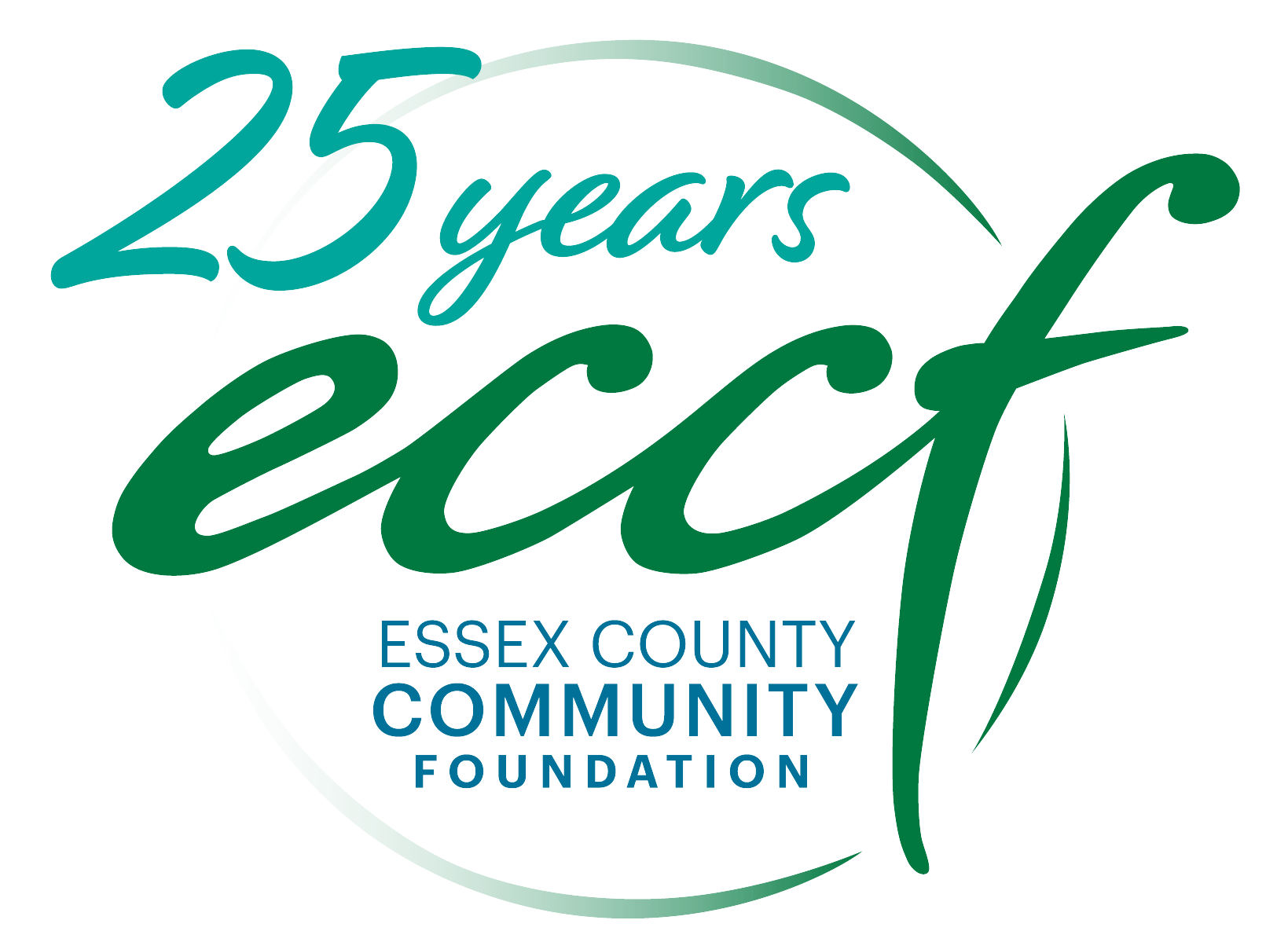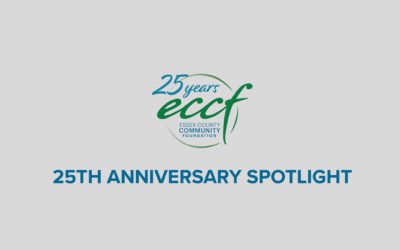COLUMN IN THE SALEM NEWS
By
SEE ORIGINAL COLUMN IN THE SALEM NEWS HERE.
Throughout Essex County, the needs of our communities serve as the north star for the everyday – often heroic – responses of the social sector. Our residents, and the challenges they face, represent the reason “why” nonprofits do the incredible work that they do.
But are there opportunities to better navigate the “how?”
According to Dr. Kenann McKenzie, director of the new Generous Listening and Dialogue Center at Tisch College of Civic Life at Tufts University, the answer is “yes.” and it starts by recognizing that in order to truly understand the nature of need and how our response to this need can be more effective and equitable, we must rely on the voices of those with lived experiences.
“Although it may require a deeper investment of listening, the result can be greater clarity of the needs and strategic goals,” said McKenzie, who, during her longtime career in higher education, social justice and policy analysis, has focused on healthy dialogue.
A Beverly School Committee member, vice president of the North Shore NAACP and former director of the Aspire Institute at Boston University’s Wheelock College of Education & Human Development, McKenzie is also keynote speaker for the 2022 Institute for Trustees (IFT), an annual nonprofit leadership conference founded by Essex County Community Foundation more than a decade ago.
This year marks the second year that the IFT – which includes more than two dozen workshops and learning opportunities – is being presented by a collaboration of community foundations, which for 2022 includes ECCF, the Berkshire Taconic Community Foundation, SouthCoast Community Foundation and the Community Foundation of Western Massachusetts.
McKenzie’s April 11 IFT keynote is especially timely, as this month also marks two years since the start of the COVID-19 pandemic, a period of time during which the state of civil discourse took an enormous hit.
“As individuals encounter change both from external pressures, such as the pandemic and national unrest, or personal stressors such as job loss and concerns for how their children are being educated, the need to be able to have healthy exchanges is magnified,” said McKenzie. “However, a need for self-preservation or fear can make those skills more difficult to access. This is where supporting communities in this process becomes critical.”
Tapping deeper into this art of intentional listening – across differences in age, race, opinion and perspective – can help to shape the future of the nonprofit sector by strengthening the foundation upon which the difficult work of solving complex social issues is built. Creating time and space for these conversations is essential to coming up with systemic solutions that are authentic, sustainable and resilient.
“Drawing perspectives from a broader range of voices will introduce a richer debate, informed by more varied experiences,” wrote Jen Bokoff, director of development for the Disability Rights Fund and the Disability Rights Advocacy Fund, in a recent Chronicle of Philanthropy article. “I’d also argue that it will make philanthropy itself work smarter.”
At the foundation, we’ve been hearing from more and more nonprofit leaders who say that lifting the voice of the community is a priority.
“In order to affect real, meaningful change, it is vital to include the powerful voices of community members in the decision-making process,” said Felicia Pierce, chief program officer of the North Shore Community Development Coalition, whose investment in marginalized and disenfranchised neighborhoods is centered around providing equitable community inclusion in all of their work.
At the IFT, McKenzie will talk to nonprofit leaders about how needs assessments can aid the self-expression of the community being served and enhance the impact of support.
“Whether it is in healthcare, social work, education or community-based groups, creating spaces to allow for communities to have a healthy feedback loop helps one to better determine if the impact that is desired is likely,” said McKenzie. “The interventions and approach can be informed by all stakeholders, including those for whom services are being offered.”
ECCF has also prioritized efforts to bring new voices to the table – from more direct engagement with boots-on-the-ground nonprofits and community convenings to funding projects that directly engage community members in their design and implementation.
“Paramount to our role as a community foundation is the ability to convene many voices so that we can shape solutions together,” said ECCF President and CEO Beth Francis. “The goal here is to ensure that the work we are doing together has a meaningful, long-lasting impact on those who would benefit from it the most.”
This is something that community foundations across the country are devoting more time and resources to. A recent survey by CFLeads, the country’s national network of community foundations committed to community leadership, revealed that 76% of respondents plan to increase their staff capacity to convene community conversations. The survey is part of a larger body of research dubbed Going All In, of which “Amplifying Community Voice” is a major tenet.
“As nonprofit leaders, we should encourage, champion and empower all stakeholders to include community voices not just at the forefront but also in making the final decision,” said Pierce.
ECCF is proud to work alongside nonprofits, funders, donors and community leaders who hold this value dear: that to make real progress, we must listen.
To learn more about this year’s Institute for Trustees, please visit eccf.org/ift. To learn more about Dr. Kenann McKenzie and her work, visit tischcollege.tufts.edu/GLADC.
Carol Lavoie Schuster is Essex County Community Foundation’s vice president for grants, nonprofit and donor services.


